|
About to run his dog at the sheepdog trials, I saw Peter in the corner of the yards. I asked "How you going today?"."Yeah, doing pretty good. Better conditions than last year when it was a bog and they were putting down sawdust on the mud so the sheep could move" Peter replied. "Not sure if that is the right term - not better, just different. Two years ago during the drought no one said a word when we had mud, it's all to do with your attitude isn't it." That day at the dog trials I was schooled. It's all about your attitude. Being better than last year was a judgement. It wasn't better, it was different. Only years back, Peter was diagnosed with cancer. It's been a tough ride, but here he was jumping fences in the yards with his faithful dog, rounding up sheep and competing with the best. He approached his diagnosis with the same attitude. It's not better. It's just different. It all depends on your attitude. Judgement, comparison and envy heavily influence and impact our attitude... oh, and he won the trial. GB
Photo credit Janko Ferlič - thank you.
0 Comments
Walking into retailer Lush, the shop assistant smiled and said "Hello, welcome". I watched the sales assistant for a few minutes as he wiped down fittings with a rag, rearranged stock and gave reassuring training advice to a new staff member. In a quiet moment, I said "How long have you worked here?" He said 10 years. I said "Wow, 10 years? He said "Yes, I love this store with all my heart." Curious, I asked "What is it that you love so much?" He said "The ethos and experience." He then went on to explain his 10 years of work working through the company to where he is today. It's fair to say he is a lifer. I walked away thinking that young kid is the few. Whoever is mentoring that young kid is the few. When most across the world are checking out, looking around for the next thing, not engaged, seeking meaning and not finding it, and certainly not providing an experience to be proud of, or inspired by, within a retail or service industry job, this kid is the few. There's an intrinsic motivation around a young worker like this. Then there's a leadership that sees the talent, provides the environment, gives work of true meaning, can articulate and deliver and walk the talk on their ethos, and go to the trouble of building a true experience that one can be proud to work with and around, and where we as shoppers will return to.
There is so much in this story. Most will blow through the story, but the few will take it on board and apply to their own company. If this young kid worked for me, I would feel so damn proud. Over four seasons of hosting The Mojo Sessions, some definite themes have appeared. This was brought to light recently when a listener wrote asking for advice as to which episodes I believed could help her friend who was going through a challenging period dealing with trauma. I sent her a list of my favourite conversations on that topic, and it got me thinking that the list might also be of value to others.
One of the major benefits of podcasts is that they live in the cyber world and can be saved and replayed at any time. I thought that occasionally I would do a 'rewind' and share a list of past episodes of The Mojo Sessions on recurring themes and topics that have resonated not only with me, but also with other listeners of the show. I hope you find this 'rewind' on the theme of trauma of value to yourself or someone you know. The Mojo Sessions: Episode 109 - Iris Gardner EP 109: IRIS GARDNER Building The Strength To Emerge From The Darkness Iris Gardner spent her childhood off the grid, an ideal life in the woods for a kid, totally off-grid, heading out on horseback, confronting mountain lions, reading books, growing and hunting their food..until the day a sexual predator moved into the house, a family friend who would throw the life of a young 5 year old child into unspeakable darkness. Listen to a remarkable story from a truly remarkable lady who has emerged from that darkness with a message that will change how we view life and the life of our children. The Mojo Sessions: Episode 110 - Preethaji EP 110: PREETHAJI Creating A Life of Purpose, Free From Suffering Preethaji, one of the world’s leading female philosophers, founded O&O Academy, a philosophy and meditation school with her husband Krishnaji. She believes that you can live, as many do, a mediocre life with a purpose that is contrived, but a great life, career or relationship can only happen with an authentic purpose. Preethaji works with corporate leaders to discover purpose, connection and how to live in a beautiful state. Preethaji leads us to a whole new way of discovering love, passion, and our creativity. The Mojo Sessions: Episode 223 - Dr Sarah Woodhouse EP 223: DR SARAH WOODHOUSE The Disempowering Enemy Within Dr Sarah Woodhouse is a Research Psychologist specialising in trauma, helping people face this world and their past. Her book 'You're Not Broken' teaches us what trauma is (it's probably not what you think), how to recognise it, why it's there and how your past is likely holding you back. Sarah explains the pitfalls of ignoring awkward, upsetting episodes and how true freedom comes from looking back at your past with honesty. Using the latest research-based techniques, her own personal experience, and her twelve years of trauma research, Dr Sarah Woodhouse speaks with authority on this important topic. The Mojo Sessions: Episode 226 - Dr Bruce Perry EP 226: DR BRUCE PERRY Heal Your Mental and Emotional Wounds and Move Forward Professor of Psychiatry at Northwestern University School of Medicine, Chicago, Dr Bruce Perry's new book 'What Happened to You?' was written with Oprah. 'What Happened to You?' is a book that helps heal our mental and emotional wounds, wounds that many carry for decades and never give it a thought. Through groundbreaking scientific & emotional insights on behavioural patterns and actual brain science, Dr Perry explores how we can shift our approach to personal trauma by asking what happened to you? Oprah believes her first conversation with Dr Perry was one of the most important and impactful of her career. The Mojo Sessions: Episode 323 - Yemi Penn Ep 323: Yemi Penn Rewrite Your Story Documentary producer Yemi Penn believes we should create our own memo. Author of 'Did You Get The Memo?', Yemi, born in Nigeria, has endured her fair share of trauma for herself and her family, including childhood abuse and homelessness. Yet, today Yemi is a self-made millionaire, owning multiple businesses across multiple countries. Yemi shares mindset adjustments to rip up our old backstory and create the new life we want, daring us to create a new narrative for our life and ultimately write our own memo. https://www.themojosessions.com/ Our RFS Brigade was called out to a grass fire earlier this week. While on route to the fire, a call came over the radio from base saying the fire was currently at 20m x 20m, but with a strong gusty wind it can quickly go pear-shaped. Somebody in the back of the truck said "ahh it's only 20 x 20." Only the week prior we had been working on the Hill End fire at Alpha Road which, before it was contained had grown to 18,000 ha. That fire started as 20m x 20m. In fact, it started as a lightning strike, probably 1m². It's funny how hearing the 20 x 20 comment and working on a 18,000 ha fire, it made me think of our goals, and how quite often we only focus on the big end result and fail to focus on the process... ember by ember. What starts as a small ember grows into a little flame which grows into a fire, then into a bushfire, and before you know it, it's a blazing, running, wildfire emergency. We know it, but most don't do it. We fail to find the spark, the tiny ember in every project and to fan that small spark to create a flame. Iris Gardner a guest on The Mojo Sessions EP 109 said, "Keep an ember to blow into a bonfire, that can become a wildfire." What can happen when we focus on the process? Well look at the photo here on our first night at the Hill End fire when that 20m x 20m had grown to 1200ha in half a day, and that was just the start of a week long battle.
How many brainstorms, creative sessions, or meetings will you sit through that involve coming up with ideas? Say you participate in two of those meetings a week times 40 weeks a year. That means you will be in 80 of those meetings this year alone. Let's say you've been in business 20 years -- so that is 1,600 brainstorms. If two ideas come out of each session, that means you have seen or heard well over 3,000 ideas. Where are they today? Logged into your memory? No - we can't even remember what's in our calendar for tomorrow, let alone an idea heard in a meeting four years ago. Day after day, I see leaders attend meetings, creative sessions, and brainstorms with nothing to write on. They let thousands of ideas go in one ear and out the other. Imagine if you were the diligent, disciplined, and proactive leader who took note of the ponderings today that could be tomorrow's thought-starter. Imagine the repository you would have in your journals, that you could revisit to harvest ideas when doing a killer presentation or finding an idea for a client brief. We often sit in meetings and don't write anything down, and the biggest fallacy is that we will remember the ideas being shared. The vast majority of outstanding leaders I interview on the Mojo Radio Show Podcast, keep notes and journal. Navy SEALS, entrepreneurs, scientists, wellness thought leaders, productivity leaders, mental strength coaches, you name it -- a journal is their repository of learnings and great ideas. It's the reason I created the Mojo Thought-Provoking Journal. Check it out here and start to capture your next killer ideas: https://www.garybertwistle.com
"For me this year, it's about considered action." This statement came from a young, smart leader I worked with this week. His standard protocol was busy and reactionary. This year his own personal mission was to take considered action. Detach, think, ponder, consider, breathe, before racing into the next shiny object to be considered at that moment or point of decision. This is something you rarely see in leaders in the corporate world. True intention, a plan, working to an actual published strategy, and most importantly, consistent, considered ongoing action to bring that strategy to life. It's such a great phrase...considered action. (That'll be on a t-shirt by Friday).
St.Peter Stiftskulinarium, Salzburg, Austria have served food since AD 803, making it the oldest restaurant in Europe, and by most measures, in the entire world. While there have been renovations and improvements done to the restaurant in over 1000 years, they live by the motto “We love the history, but we do not live in the past.” So many of us carry the burden of the past. We are told time and time again to live in the moment, Carpe Diem, be present ...yet the baggage we carry holds us back and in a lot of cases, is the barrier to us being our best. The motto from this restaurant will be on a T-shirt by Friday.Love your history but don't live in the past. That should be the motto for 2023. Yes we've been through some challenging periods over the last 2 or 3 years, acknowledge it learn from it, debrief it, do an after action review, but don't live there. At 1200 years old, you would have a hard time arguing against its' claim of being the oldest restaurant in the world..... although I sure someone will no doubt challenge that claim!
During Ep 309 of The Mojo Sessions with Special Ops Pat McNamara (Episode link below) we discussed his process for getting sh#t done. He has 3 whiteboards in his house, one with today... on his fridge, so he sees it all the time, one in another room with this week's plan, and one in the other room with this year's plan. He breaks down what needs to get done, writes it on his whiteboard so he can see it, do it and rub it off... done. Pat is one of the most intentional guys I follow.
ARNOLD SCHWARZENEGGER produced a small book about his process of goal setting. There is a short para, early in the book, where he has open heart surgery and the doctor tells him to breathe ... daily. So he gets a whiteboard and 5 times a day, he breathes... each time having someone write it on the board so he can map progress... he did the same when bodybuilding. So the take out? Get a whiteboard or the like, be intentional, what stuff do you want to get done? Write it, see it daily, do it, rub it off and replace it. Motivation comes from progress. We need to see what we are attacking and map our progress... a good lesson for kids. LINK to the Ep 309 with Pat McNamara https://apple.co/3H9CLy2 or search #themojosessionspodcast on your fav pod player. A few years back, the manager of WeWork Sydney approached me doing some research. How do we improve the experience WeWork? Me..."Stop idiots walking the corridors and common areas with headsets carrying on loud conversations, oblivious to those around them who are trying to work in peace, whilst they have these calls so loud they could be heard corridors away." I told him it was an issue. We come to WeWork to get work done, yet the auditory pollution from these people who constantly walk around whilst conversing on their headsets was causing enormous distraction.
It seems it's now become a global problem as employees used to the peace of their own homes, head back to the office . A recent survey by HR Magazine states that 52% of office workers are concerned that noise levels in the office may make them less productive. Nearly 2/3 of the same people say they get fed up if their noisy co-workers break their concentration, and 42% actually worry they will slip into noise rage if colleagues become too loud. Reporters say there's a mental fatigue that happens by hearing all of these distracting noises all day long. To me, there's a difference between white noise in a coffee shop to actually having someone on their phone having a conversation whilst you are trying to get some blue zone work done. People lose an estimated 86 minutes of productivity each day because of noise distractions, according to a study by Steelcase. Leaders listen up. Did WeWork do anything about it ....negative. If you ask for feedback, take it. Action it. Rick Rubin is an American record producer, co-founder of Def Jam Recordings, has one 8 Grammy's and is basically... a legend in the music industry. His superpower.... he is best known for his talents as a listener. He is recognised for his ability to develop skilled notes of how artists can improve their songs along with providing them a safe space to create music without commercial and external pressure. Imagine if we did that for our team members, our friends and most importantly our children?
Imagine if you had a reputation with your team, your friends and especially your children of being a great listener. Part of being a great listener is making people feel safe. It's been a recurring theme on The Mojo Sessions podcast, trust expert Dr Abby Marano and mental performance Coach for The Tampa Bay Rays MLB team Justin Su'a both spoke of leaders, creating a safe place within the organisation, where people could feel secure, have their ideas heard, and know that their leader actually took a genuine interest in them as a human being. The key, be a great listener. Take a genuine interests of the person in front of you and make them feel safe. It was a beautiful Spring afternoon and rather than sit in a coffee shop I decided to pack afternoon tea and do my Mojo MBA session at a quiet park bench. I took a thermos of hot water, packed tea bags, mineral water and a selection of non alcoholic beers, Corona, Heinekin and Great Northern on ice. When I asked the guy I was consulting with, would you like a non-alcoholic beer, he said no, it's too early in the afternoon for a beer. Curious. The non alcoholic beer is essentially just a favoured drink that tastes like what we know to be a beer in a can that makes it look or seem like a beer. Is it the alcohol in a drink that makes it a beer? Is it because it was in a can that looks like a real beer? Is it the perception of people walking past the park and seeing you with what appears to be a beer but is in actual fact of non-alcoholic beer in your hand ? Is it because you are so used to having a beer at the very end of the day, and this feels for all purposes to be a beer, it will be wrong to have it at 2 o'clock in the afternoon in a park? The non-alcoholic beer category is fascinating but this highlights to me exactly what marketing and brand is about and is being forgotten today. Marketing and brand is not the reality...it is the perception. It's just a flavoured drink in what looks like a can branded like a beer. Is it really a beer? That's in the eye of the beholder, and that's the value of the brand.
What's going to happen this year... by December 2023, what can you see happening? Where do you think you'll be in 3 years? Where do you think your industry will be in 3 years? What do you think your company would look like in 5 years? Everyone of us has a desire to see a compelling vision for the future. When we don't have that vision for ourselves or the company we work for, we lose our mojo. As Major General John Gronski said on The Mojo Sessions, a leader must have a clear vision for the future and also a vision of the steps that need to be taken in order to get there. Most leaders struggle with putting a definitive vision or dream down on paper. Instead, try talking in terms of your hypotheses. This is something Dorie Clark author of The Long Game said recently on the Sessions (details below). As a leader, try saying "my hypothesis is that in 3 years this is what I think will happen to our industry or category, and order for us to take advantage, I can see what it is going to take and I believe we can do it.".. it's a hypothesis, your best guess, but lay out a vision. I would also add, you can/should have a hypothesis of what will happen in all areas of your life - family, learning, wellness, health, community, mission.
No hypothesis, no direction, no control , no mojo. Imagine a coach, looking at their players coming back from their off-season break, overweight, out of condition, tired, distracted, no Mojo, and just not in the game. How would that be? Those players are going into a brand-new season in deficit ....before they even start. The idea is that players come back fresh. Physically and mentally in shape, ready for the hard competition in the season ahead.
When you consider that you are a corporate athlete, most come back from the Christmas New Year break in deficit, tired, no Mojo, unhealthy, no motivation, going into more of the same. Why? We eat badly, never put down the sword (your phone), always on, lack sleep, don't move enough, not really switching off, not stretching our minds with new learnings. Sadly because of this ongoing deficit it's why after a few years of doing this, we are... well... truely exhausted. So this Christmas, be one of the few who just relax and do a little bit of NOTHING! It's ok, it's your OFF season... switch off....come back..truely refreshed, juiced, mojo firing, healthy, clear headed.... it's all a choice. Life is not going to let up next season. My advice - GET BORED! Matthew Dicks is a champion Moth Storyteller. The Moth is a New York based global storytelling community and he's a 50 time winner as the best storyteller. He's a great storyteller. He's written a number of best selling books ....yet he is a school teacher. Although he doesn't have to, he still chooses to be a school teacher. Recently I interviewed him for The Mojo Sessions. I asked Matthew, with all he knows about storytelling, his writing, his incredible life story as a teacher standing in front of kids every day, what piece of advice do you think you could pass on to parents. He said "I know what my students would say...."My parents look at their phone more than they look at me.""
Enough said. The conversation with Matthew Dicks closes out Season 3 of The Mojo Sessions and what a beautiful profound conversation it is to wrap up a big season. It's a trap in construction. You quote, then just add this in, then add that in, ahh can we just do this... and before you know it....budgets, timelines, bandwidth, stress... have all blown out. The scope of what was, has now crept and blown out.... they call it Scope Creep.
The same thing is happening with our nutrition, our exercise, our learning, our attention. We have good intentions, then we miss a session, then that becomes two, then 3, then 4 and then before you know it, it's a creep, it's a month, 2 months... no exercise, no reading, constantly distracted, mojo lost....scope creep.. You set the scope for yourself and before you know it, you finally stop, do an audit and it's been months, scope creep. Great term. Consistency beats intensity. Rituals, routines, accountability partners, daily check ins with yourself and your plans, daily audits the night before your day begins to check your wagon wheel, all work....but nothing beats the moment when you close the door on creep and make the decision to be disciplined. Ep 214 The Mojo Sessions with JP Dinnell "Discipline is rooted in the truth you tell yourself" When Roger Federer finishes Wimbledon, he has a break. He doesn't take his tennis racquet on his break. When Cameron Smith finishes the Open he has a break. He doesn't take his clubs with him. When AFL footballers finish their season, they have a break. They don't take a footy away with them in their bag. Yet, as corporate athletes, corporate warriors, we will go on our break at Christmas and take our phones. Our phone is our club, our racket, our sword, our football. It's funny how we work tirelessly to the point of exhaustion all year for this break, yet we take with us the one thing that causes the greatest distraction, and takes us away from quiet, attention, intention, focus, and recovery. Athletes finish a season and have a proper break before the next tournament, competition or season begins. Yet we kinda go on a break. We take our sword with us just in case. We glance at it. We take it out of our bags and find a use for it. This keeps us from recovery. It's one of the things I have talked about a lot during The Mojo Reset Keynote. Over the last few months teams, team members, leadership teams and boards have recognised the need to reset for 2023. At the end of the season take a break. Don't take the greatest source of your exhaustion with you. Set your sword away.... your partner, your children and your own self will thank you. GB
Navy Ace pilot and TOPGUN instructor Bill Driscoll flew 170 combat missions, has 3,300 hours of jet fighter time, more than 5,200 jet dogfights, 500 aircraft carrier landings and was a TOPGUN instructor for four years, with more than 250 air combat tactics lectures. Yet, what is a complete standout about Bill is his humility. I asked him about humility, and whether that was a commonality amongst great leaders. During our conversation (details below) he referenced the Commander of an aircraft carrier with 5500 crew. He said any member of the crew could look at their captain and ask ... 1. Sir, do you know me? 2. Sir, do you care about me? 3. Sir will you help me become better?
In a work environment where globally people are just not happy at work, any leader who can honestly say that people could ask these three questions and answer in the affirmative would be in the few. Most would not be able to answer yes to these questions. It's a profound interview with Top Gun Ace Bill Driscoll, and one that every leader should take the time to sit with a pen and paper, and take notes from a guy who, as the title of his book outlined, has delivered high-performance under pressure. So many of us fail to be decisive. It's often someday, I should, I know I must, yeah, I'll think about that. When you don't make a decision you are in fact....making a decision. Many years back, I worked with the leader of a not for profit. He could not make a decision. Every time a true decision was to be made, it was, "let's set up a committee." We all know where that ends up. World Series of Poker Champion Annie Duke has a new book "Quit". I interviewed her recently on The Mojo Sessions. What really struck me about Annie's conversation is the notion that so often leaders put off making a decision till later, but that is in effect making a decision. There is so much power in being decisive. Are you going to read more? Yes or no. Are you getting up early in the morning each day this week? Yes or no. Are you going to turn off your phone at the dinner table with the family? Yes or no. Are you going to quit sugar? Yes or no... not I'll try, or I'll start in December, or I should.
Once you close the door and make a decision, see what happens. When you leave that door slightly cracked open with the possibility, then you're saying to your brain "I'm not truly committed. I'm only considering it. It's ok if I don't." CLOSE THE DOOR. One night at the Bluebird Cafe in Nashville, Garth Brooks sat in an audience along with a crowd of 10 people. He was watching a songwriter called Tony Arata. Tony played a song called The Dance. Unknown at the time, Brooks walked up to Tony after the performance and said "If I ever get a record contract I wanna cut that song." Tony, a guy who was himself loading trucks, thought sure.... That song went on to be one of the biggest selling songs in country music history and Garth Brooks became one of the world's greatest country superstars. Tony Arata made the comment in Brooks' documentary The Road I'm On... "You never know who's listening and what the impact could be on your life." You never know who is listening in your day. Children, teammates, a friend, a supplier, a customer. Often we don't consider our words, actions, or the signals we give off and as Tony said, you just never know who is listening, or watching. A particularly important point for parents - children are always listening and children are always watching.
Eddie Jaku spent time in two concentration camps during the Holocaust before escaping a "death march" in 1945. His amazing story is told in the book The Happiest Man on Earth, the true story of a Holocaust survivor who shares what he's learnt from the camps about gratitude, tolerance and kindness. ABC recently gave Whoopi Goldberg a 2 week suspension from her role as co-host of The View after she made controversial statements about the Holocaust. It made me think of the Holocaust and the many, many decendants of Holocaust survivors I have had as guests on The Mojo Sessions who recount the impact it had on their family and their own lives. This book is a raw account of what happened in those camps. Brutal. It's a wake up call when we think or perceive hard times. It's a point of reference. It's all relative. Many of the guests will share times when they will ask themselves "how does this compare to the Holocaust and what my Grandfather went through?"
The first part of curiosity is obviously having the desire and inclination to ask questions, to be interested enough to think about a different way of approaching something....to think why, or in fact, why not? What if? A deep desire to want to know more. To have an inquisitive mind. But the second part of curiosity is you have to be prepared to listen to the answer. Many people say they are curious, but they assume they already know the answer before they hear, see or feel the response. They're just looking for reassurance for what they know. Their mind has already moved on to "What next? What will they say next?" To enhance your curious mind, number one is knowing that you don't know and you want to ask questions to dig deeper. Then number two is ....you gotta be prepared to listen to the answer and hold two contrarian thoughts at once. What do you believe you know, and potentially what you don't know that could be of interest or something completely different to what you thought you knew. Those two things can be held without judgement, as fuel for possibilities. That is part of the craft of having an innovative mind.
Actress Kelly Reilly plays Beth Dutton in the smash TV series Yellowstone. One of the most talked about characters of the series, in a recent podcast Kelly talked about playing Beth, "I lean into Beth with how she enters and owns a room. I don't necessarily share that quality, in fact I don't share it at all. But when I play her for a while I start to understand the strength in me that can do that, and I've limited myself to thinking I can't do that.... just by my brain. But when I play her I can do it...so it's already in me, we are all capable."
This is such a great insight from Kelly and it's also a good example of what Todd Herman wrote about in The Alter Ego Effect. Effectively Kelly is using Beth as an alter ego, that by acting like Beth she overcomes her own self imposed limitations. Create your own superhero, step into their mindset, their characteristics, attitude and if it's positive, it can take you beyond what you, in your character thinks you can't do. Act the way you want to become until you become the way you act. Within a block of my hotel there were 10 coffee shops. All shops had someone who could work the coffee machine. But there was only one barista. There are thousands of people who work in sales but only a select number are true salesman. There are thousands of people who work in leadership but only a few true leaders. In every category there's only a few, the uncommon, that go beyond the every day to master their craft. Yes they can work a coffee machine, but do they want to be a barista? And then there's the one amongst them who wants to be a great barista. This year make the call. So you can work a machine, or hone your craft as a barista or do the extra work and run with the uncommon and become great. This only comes from disciplined hard work, reading widely, learning, true attention, operating with intention, and a deep desire to set your standards higher. Surely it's one of the greatest lessons we can teach our children. GB
During an interview actor and now author Matthew McConaughey replied to a comment with "heard". The interviewer later in the conversation made another comment and McConaughey once again said "heard". At the time it seemed awkward and a bit strange. But on reflection it was such an interesting premise. In a society where you know pretty much all the time when you're talking to somebody, they're not actually listening. They're distracted, thinking about the next thing or as Naval Ravikant would say "nexting", or they are waiting for their turn to talk. I found it kind of cool that McConaughey would acknowledge that he had heard what had been said to him so specifically, that he actually said "heard". It was almost a sign of respect and acknowledgement that yes, I actually did hear what you said, ... not just the common throw away mmm to fill the gap and make out like you are listening. Matthew McConaughey is an interesting guy and I rate his book GreenLights.
|
|
ABN: 16 079 593 785. Tel: +61 2 9231 5256
Gary Bertwistle - PO Box 1900, Neutral Bay Junction, NSW, 2089 Australia.
Site Design by Bertwistle Holdings. Photography by Sarah-Jane O'Hara





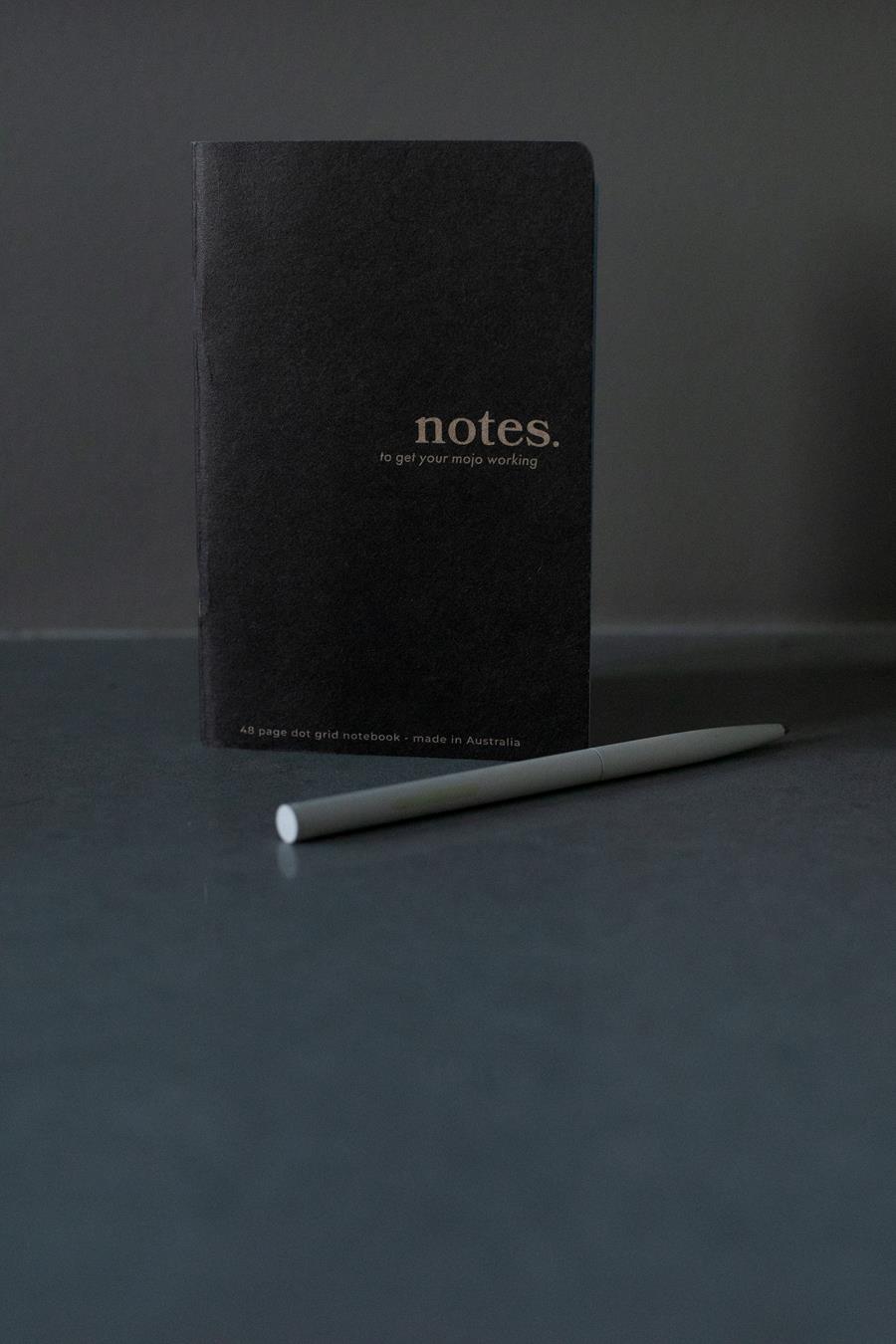

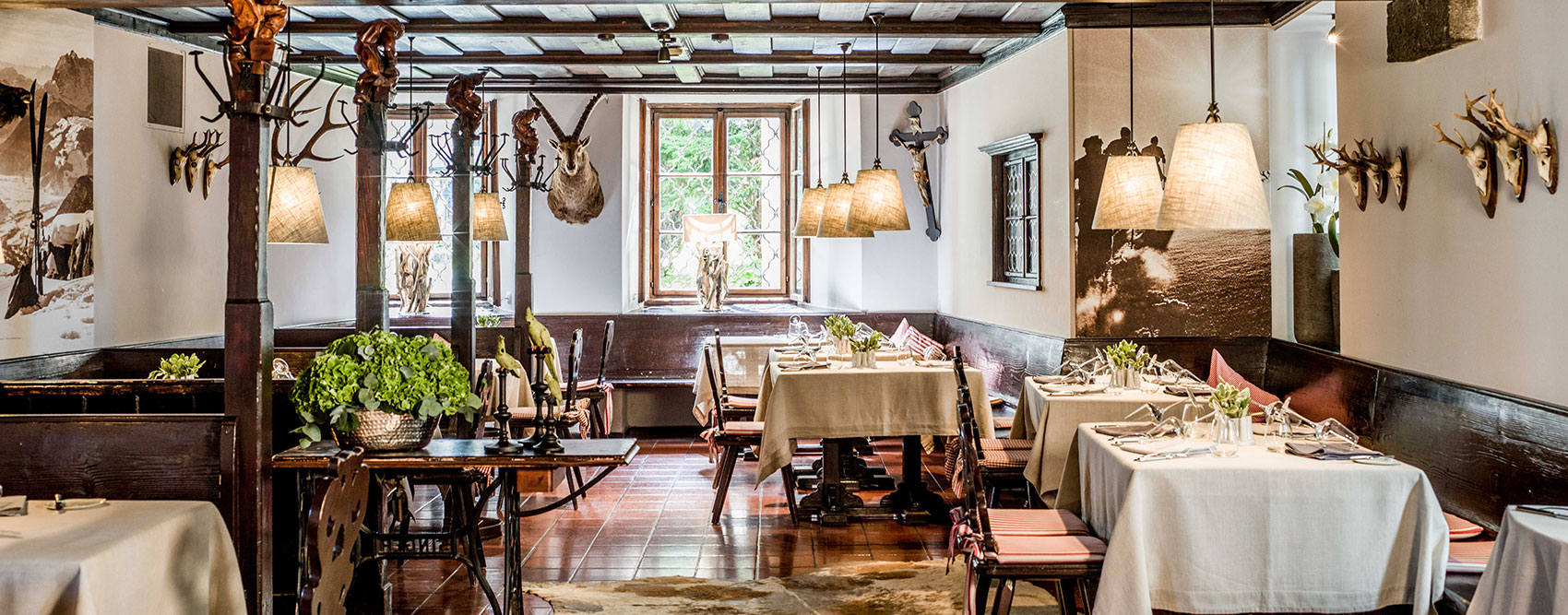

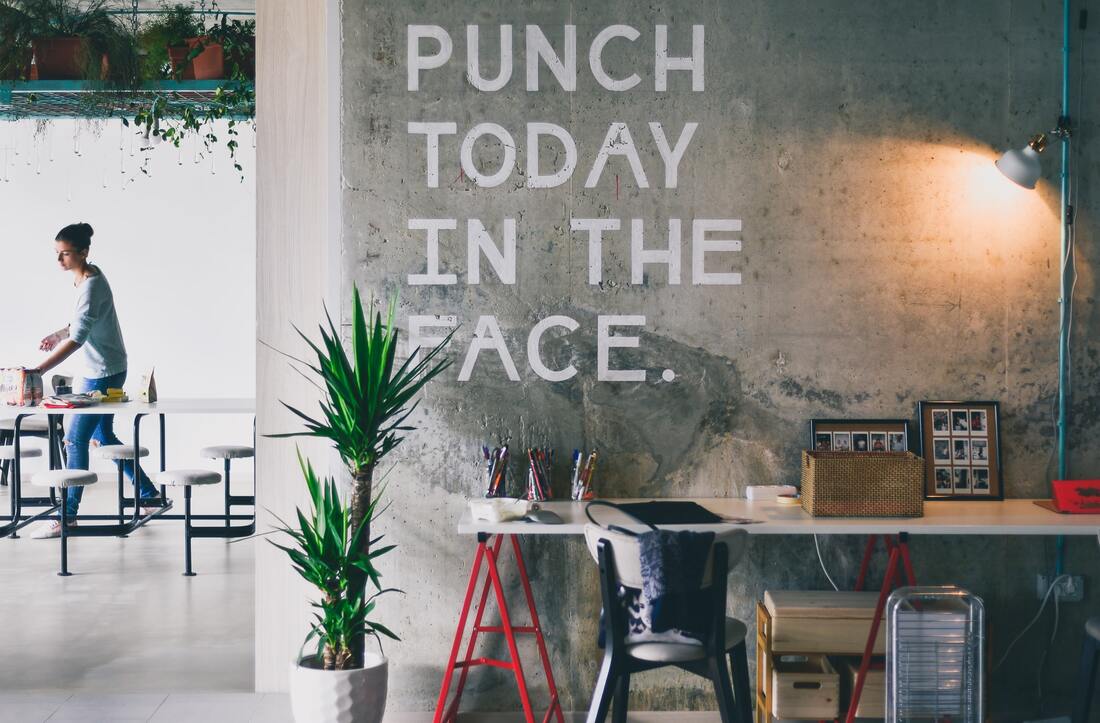
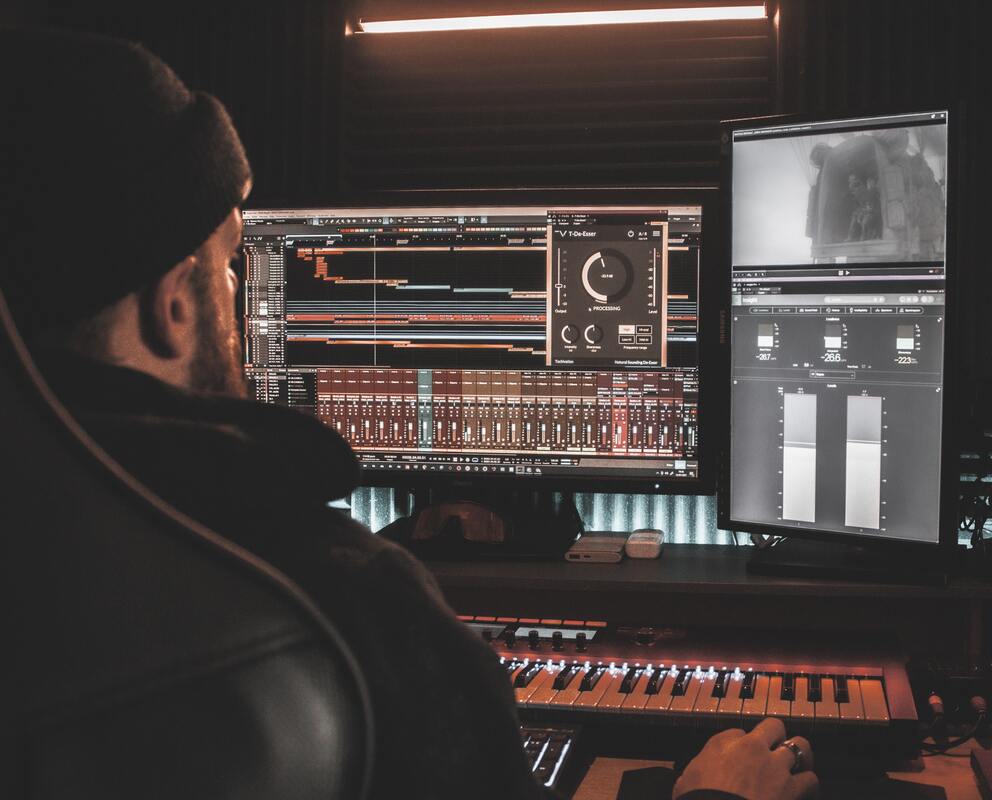
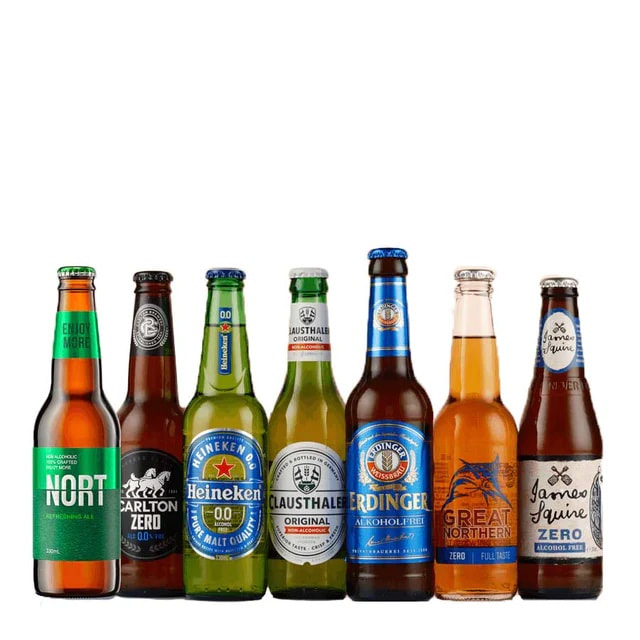







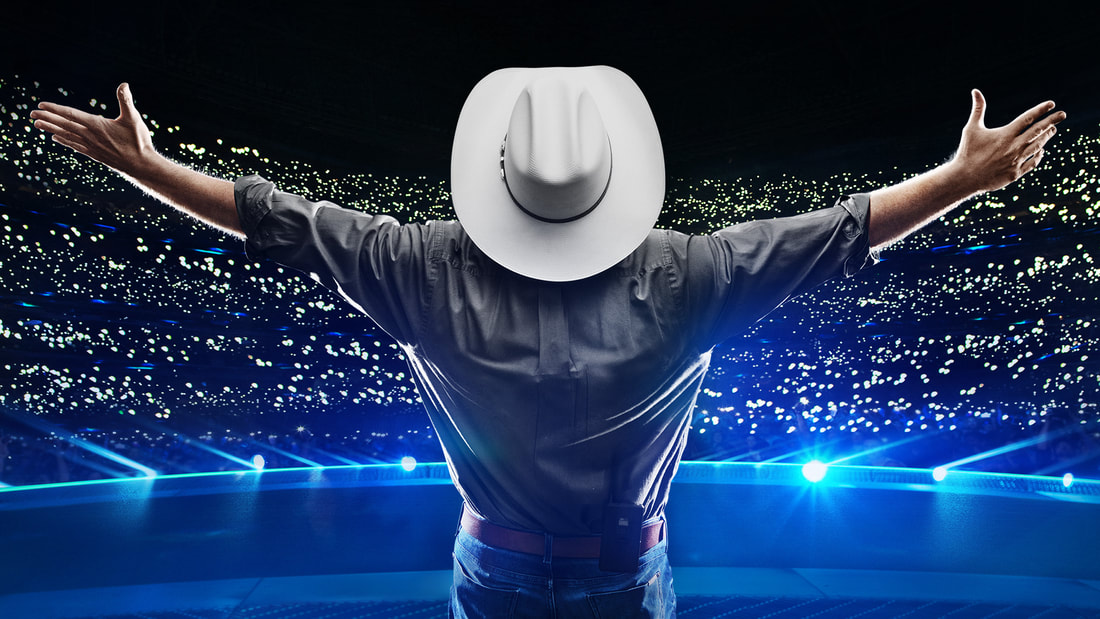
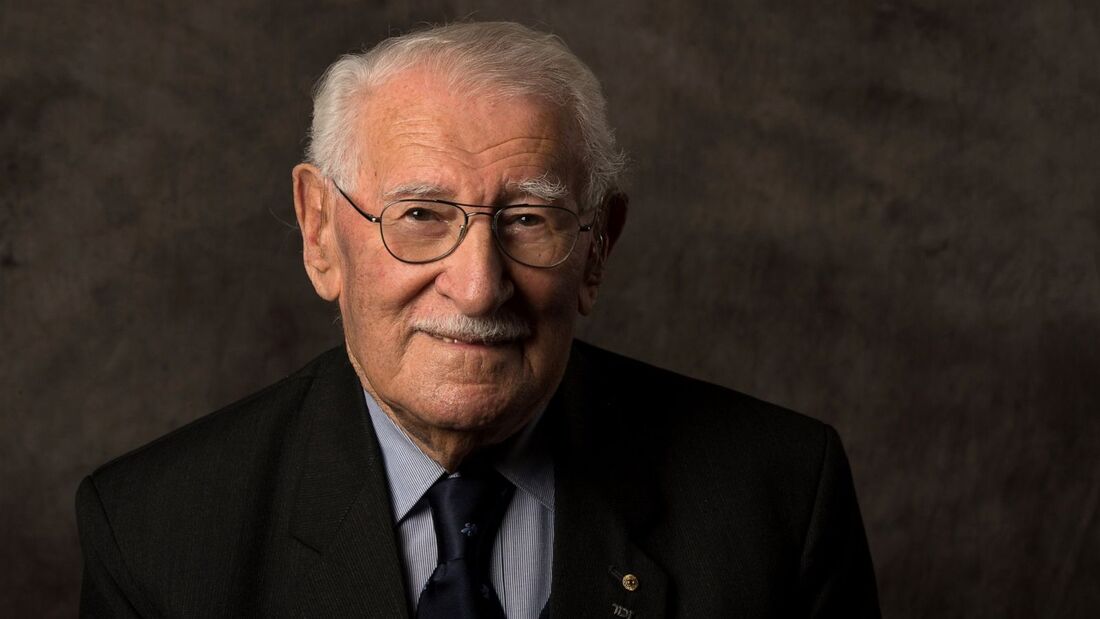

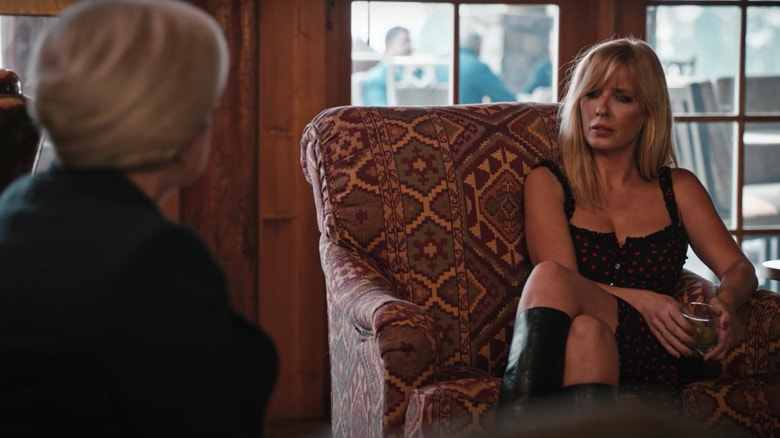

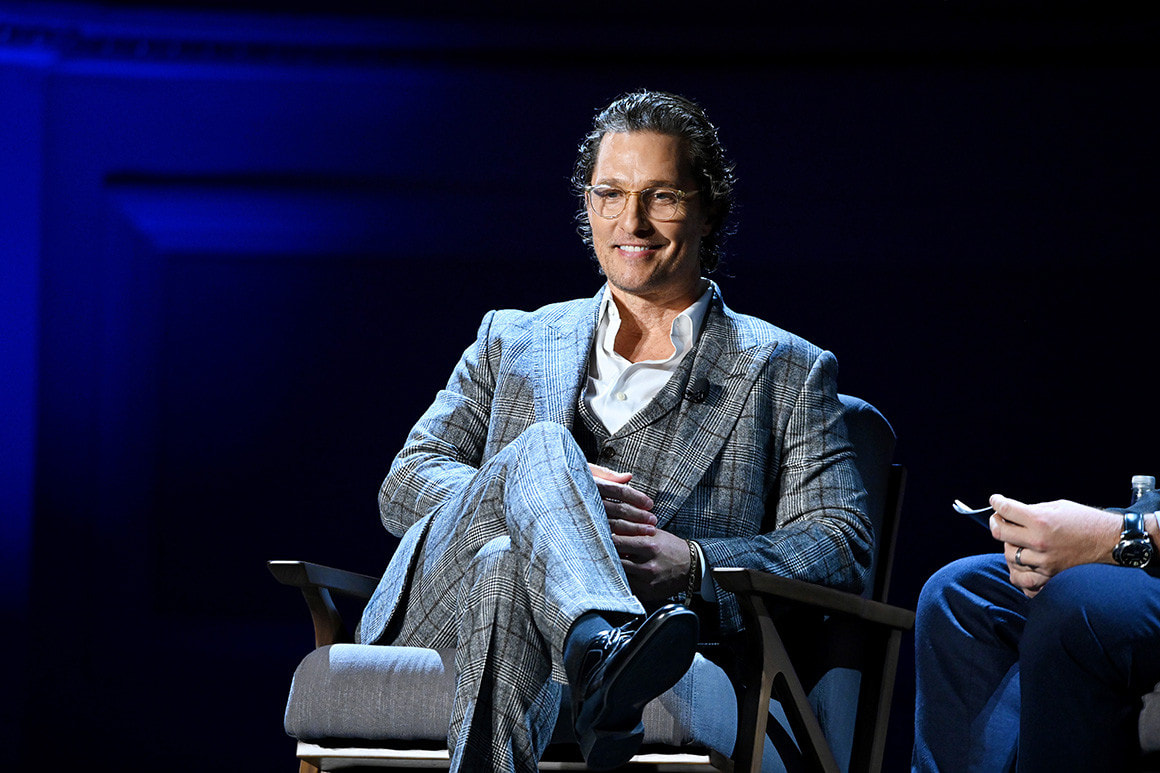
 RSS Feed
RSS Feed